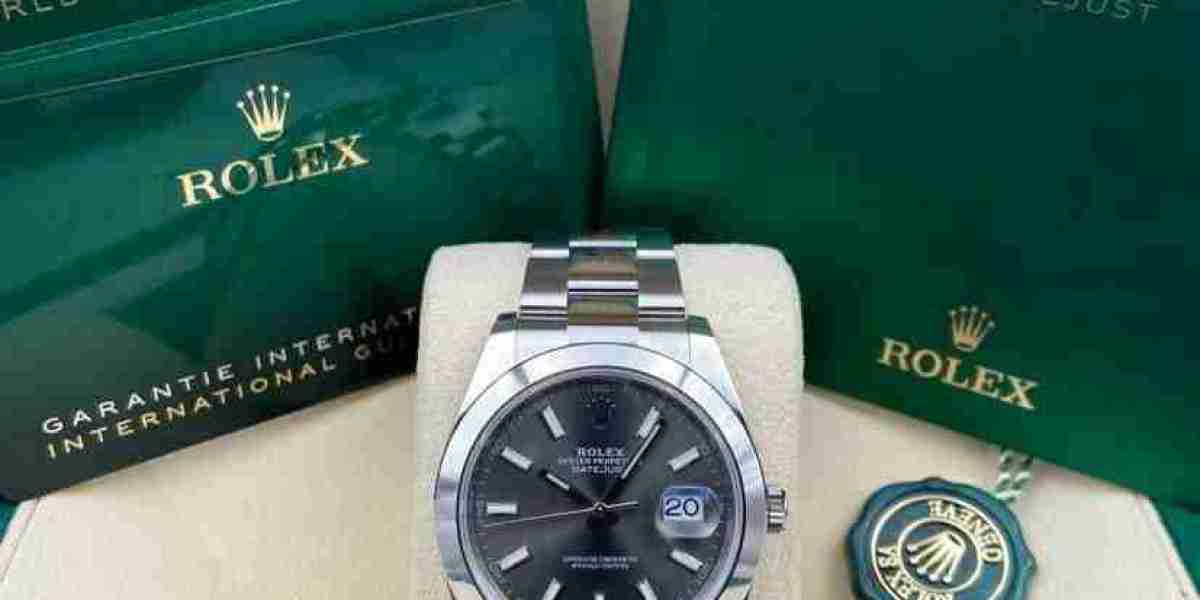In the case of the sale of Rolex replicas, the legal landscape might be fairly complicated. Whereas some might argue that selling replicas is a harmless activity, the reality is that it could have critical authorized penalties. In this article, we are going to explore the legality of promoting Rolex replicas and discuss the potential implications for sellers.
Rolex is a luxurious Swiss watch brand known for its excessive-quality craftsmanship and prestige. Because of this, Rolex watches are often the target of counterfeiters who produce replicas that intently resemble the original fashions. These replicas are usually sold at a fraction of the value of a genuine Rolex and could be discovered each on-line and in physical retail stores.
From a legal perspective, selling Rolex replicas is a violation of intellectual property legal guidelines. Rolex holds quite a few trademarks and copyrights that protect the design and branding of its watches. By producing and promoting replicas without the permission of Rolex, sellers are infringing on these intellectual property rights.
Within the United States, trademark regulation gives safety for brand names and logos, whereas copyright regulation protects authentic works of authorship. Rolex holds trademarks for its name, emblem, and certain design components of its watches, as well as copyright protections for its watch designs. Selling replicas that bear these trademarks or designs can result in legal action by Rolex.
Furthermore, the sale of counterfeit items is also a violation of federal and state legal guidelines. The Lanham Act, which governs trademark law within the United States, prohibits the sale of products which might be prone to cause consumer confusion as to the source of the products. Selling Rolex replicas can mislead consumers into believing that they are buying a genuine Rolex watch, which is a violation of the Lanham Act.
Along with federal laws, many states have their very own legal guidelines that specifically target the sale of counterfeit items. For example, California Penal Code part 350 prohibits the sale of products that bear a counterfeit trademark. Violating this law can lead to criminal prices and hefty fines for sellers of Rolex replicas.
Some sellers might attempt to argue that promoting replicas is a form of "fair use" or "parody" that is protected by the primary Amendment. However, courts have constantly held that selling replicas for revenue is just not thought-about a protected type of free speech. In fact, courts have usually sided with luxurious manufacturers like Rolex in instances involving the sale of counterfeit items.
It's price noting that not all replicas are illegal to promote. There are certain circumstances wherein the sale of replicas could also be permissible underneath the law. For example, selling replica watch (Dcdivx.com) watches that clearly state that they aren't real Rolex merchandise and do not bear any of Rolex's trademarks or designs may be legal. Nonetheless, sellers should watch out to keep away from any false promoting or deceptive statements that might still lead to authorized liability.
In conclusion, the sale of Rolex replicas is a legally dangerous business. Sellers who interact in this activity are susceptible to going through serious consequences, together with legal action by Rolex, criminal charges, and hefty fines. It's all the time greatest to err on the facet of warning and keep away from promoting replicas of luxurious brands like Rolex. By respecting mental property legal guidelines and upholding moral requirements, sellers can protect themselves from potential authorized troubles and guarantee a fair market for customers.


